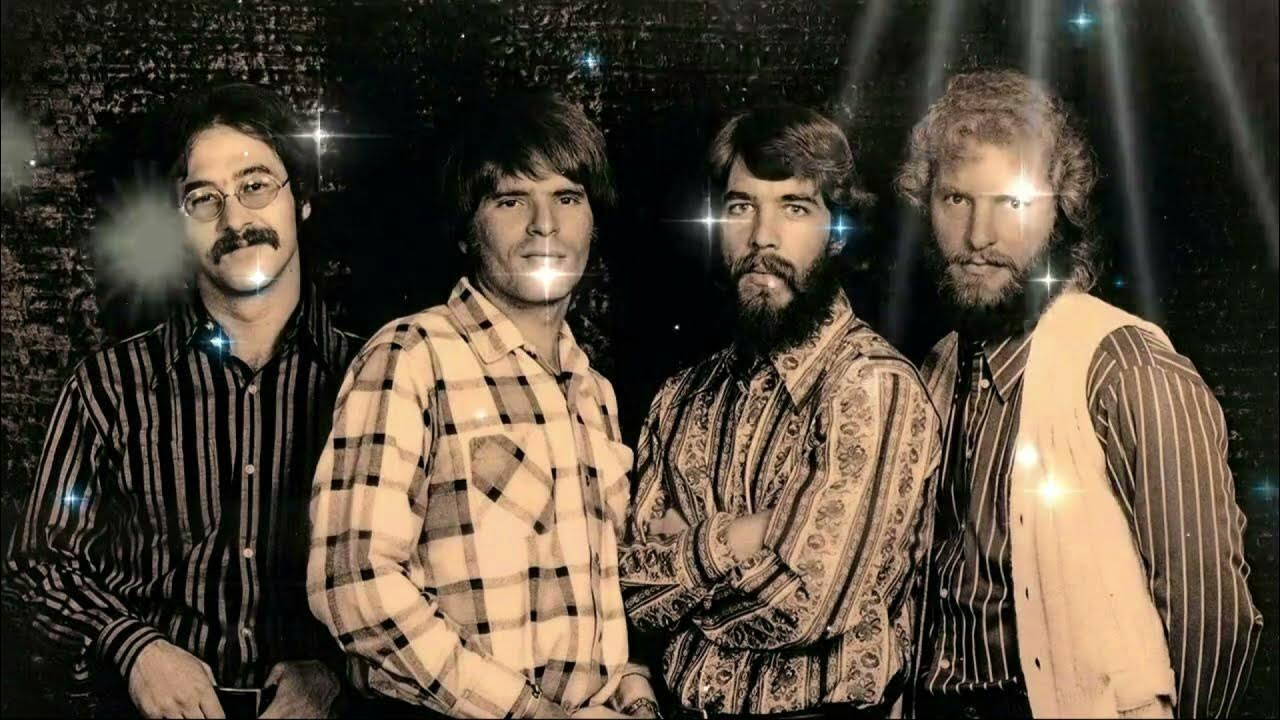
A Midnight Baptism in Mud and Music: The Raw Communion of Rock and Soul
When Creedence Clearwater Revival took the stage at the Woodstock Music & Art Fair on August 17, 1969, it was already well past midnight. The air hung thick with humidity, exhaustion, and anticipation—a nation’s countercultural heartbeat pulsing beneath the rain-soaked soil. Among their fierce, unrelenting set that night, their rendition of “The Night Time Is The Right Time (Live at Woodstock / 1969)” stands out as a feverish act of possession. Though not an original composition—it’s a song rooted in rhythm and blues tradition, most famously recorded by Ray Charles in 1958—Creedence transformed it into something primal and unmistakably their own. Appearing later on archival releases celebrating Woodstock’s mythic legacy, this performance never charted in the conventional sense; yet its resonance among those who have sought out the live recording speaks to a deeper measure of success—one felt not in numbers but in the echo of human abandon.
At Woodstock, Creedence were already one of America’s most potent rock bands, their swamp-born sound cutting through an era fraught with conflict and idealism. By mid-1969 they had released three albums in quick succession—“Bayou Country,” “Green River,” and soon after, “Willy and the Poor Boys.” Each was a testament to frontman John Fogerty’s songwriting discipline and his band’s muscular cohesion. But “The Night Time Is The Right Time” was a different beast altogether: it wasn’t about narrative craft or social commentary—it was about surrender. A baptism by groove.
The song’s origins trace back to bluesman Nappy Brown’s 1957 recording, later transformed by Ray Charles into a call-and-response masterpiece drenched in gospel fervor. When Creedence tackled it live at Woodstock, they tapped that same ecstatic spirit but infused it with their trademark grit—the bayou mud under the fingernails of rock ‘n’ roll. Fogerty’s voice is rasped and raw, as though carved from whiskey-soaked oak, while Stu Cook, Doug Clifford, and Tom Fogerty anchor him with an unyielding rhythm that feels both celebratory and dangerous. The interplay between John’s guitar and Clifford’s snare creates an atmosphere that teeters between control and chaos—music as ritual rather than entertainment.
What makes this performance so haunting isn’t perfection but conviction. There are no studio tricks here, no overdubs to smooth the edges—only the immediacy of a band channeling the collective pulse of half a million souls swaying in nocturnal unity. In that moment, Creedence bridged eras: the R&B church of the ’50s meeting the electric paganism of late ’60s rock. It is the sound of night made holy, where fatigue dissolves into fervor and time itself seems to pause for one sustained cry into darkness—the right time indeed.